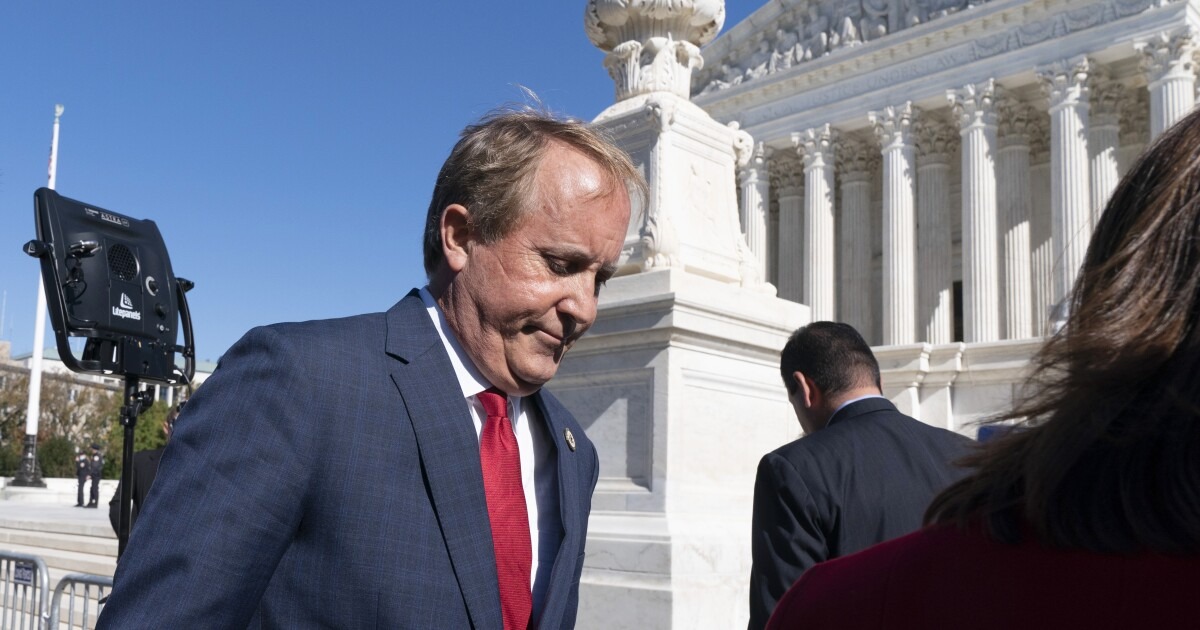Texas Attorney General Ken Paxton embarked on an endorsement spree for this year’s Republican Primary following his historic impeachment.
Many of his endorsements were for candidates challenging Texas House incumbents who had either voted to impeach him or had opposed him on other issues.
However, the results of these endorsements were mixed. Political scientist Brandon Rottinghaus from the University of Houston suggested that Paxton’s endorsements may not have resonated with all voters, as some are more concerned about broader issues such as taxation and social issues rather than personal vendettas.

While endorsements can influence elections, there are typically many factors at play. Paxton’s endorsements contributed to internal divisions within the Texas GOP, which has also been dealing with divisive issues such as women’s reproductive rights and school vouchers.
Some Republicans criticized long-time conservatives who opposed them as “Republicans in name only,” or RINOs.
According to political scientist Cal Jillson from Southern Methodist University, Paxton’s primary motivation for his endorsements was to seek retribution against Republicans in the Texas House who voted to impeach him, especially those from his area, Collin County, and nearby, whom he believed should have been more loyal.
Challenging incumbents in Texas is traditionally tricky due to their name recognition. Successful challengers would need solid personalities and issues to campaign behind. Rottinghaus noted that unseating incumbents is challenging because challengers must go all in, which is difficult when there are multiple races to focus on.
While Paxton’s endorsements may have influenced some races, their impact varied, and other factors also played significant roles in the election outcomes.


